
Disponibilitate: nedisponibila
Preț: 22,90 LEI
ISBN: 973-611-228-4
Autor(i): MINDRA, Mihai
Editura: Institutul European
Colecția: Albion Books
Anul apariției: 2002
Nr. pagini: 260 pagini
Categorii: Limba Engleza, Limbi Străine
- Part I - The Theorethical Background
- Part II - The Phenomenological Approach & the European Novel
- Part III - The American Connection: Phenomenology and the American Novel
Format 1/16 (54x84)
The novel is perceived here as the only literary genre able to render that human reality which defines Dasein, i.e., the Being1 that is specifically human because it is aware of Time and the World as its main defining existentialia (Existenzialien). Previous attempts at defining the novel have hardly offered a distinctly clear referential framework. Lengthy discourse, plot complexity and ‘realistic’ bias have often been mentioned as specific novelistic features. However, they suit other literary genres as well. On the other hand there is democratic tolerant acceptance of the imperfectness of the definition. It may even seem bad taste to try an accurate classification. Literary taxonomy is out of fashion nowadays. The practically bottomless pit called ‘novel’ accommodates the Joycean stream-of-consciousness, the Tolstoian Bildungsroman and Dos Passos’ collage. Critics offer self-conscious elegant approximations of the genre acknowledging, in this way, our humanity and natural imperfection. The discourse means ‘emplotment’ and manipulation. Reality is undiscourseable, wild, alive and unmanageable. A perfect image of the victory of das Man, we would say. The center is destroyed. Humanity is swallowed up by the centrifugal force of nothingness.
The novel is everything that looks even remotely similar to what Cervantes, Crusoe and Fielding wrote four, three centuries ago.In this study we are trying a new approach to the definition of the novel. Our demonstration, based on Heidegger’s existential phenomenology, starts from the assessment of pre-novelistic stages where we detect plot as triggered and sustained by Furcht, a debased version of Angst, fear of finitude, despair caused by the refusal of the gods to help (myth: e.g. Ghilgamesh) or by non-admittance to numinous revelation (Middle Ages: e.g. The Holy Grail). However, in these stages, Welt was only hinted at, codified, as not yet really present or perceived through the veils of those cultures (Sumerian or Christian medieval) at the ontic, empirical level of everyday existence in Umwelt.We believe that the novel was born at a time when the drama of the confrontation between Dasein and das Man took shape through historical and social representations, through the middle class. Middle class values incorporated and highlighted the das Manian mundane aspects of the world. Dasein’s specific condition, that of throwness (Geworfenheit), manifested itself, externally, at the social level as alienation and otherness in relationship to a solid human network denying or ignoring the existential-metaphysical side of man for the sake of obvious public everydayness. In the following pages we shall try to demonstrate that a genuine poetics of the novel is possible on condition one starts from its existential metaphysics. The ‘outsider’ status of this genre is of the princely stock in a hierarchy built on the solid and truthful foundation of Dasein’s existentialia.
Comandă online The Phenomenology of the Novel la 22,90 lei isbn 973-611-228-4 scrisă de MINDRA, Mihai, tiparită la editura Institutul European face parte din colecția Albion Books. cu plata ramburs sau online cu cardul. Momentan titlul The Phenomenology of the Novel nu este disponibil însa vă puteți înscrie pentru a fi notificat în momenul reaprovizionarii.

The Penguin English Dictionary
Penguin Books
1108 pagini
An: 1992
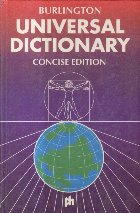
Burlington Universal Dictionary - Concise Edition (30 000 entries)
Brown Watson
506 pagini
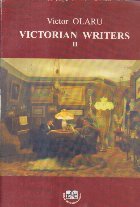
Victorian Writers, II
Universitaria
Victor Olaru
225 pagini
An: 2006

English 9th Form
Moskva
175 pagini
An: 1966
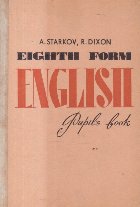
Eighth Form English - Pupil s Book
Moskva
A. Starkov
191 pagini
An: 1977

Deutsche Sprachlehre fur Auslander - Grundstufe, 1. Teil
Hueber Verlag
Heinz Griesbach
150 pagini
An: 1967

Burlington Universal Dictionary - Concise Edition (30 000 entries)
Brown Watson
506 pagini

Poil de carotte
Didactica si Pedagogica
Jules Renard
220 pagini
An: 1966
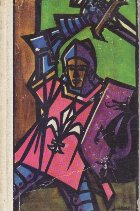
Quentin Durward (Limba Franceza)
Baudelaire
Walter Scott
620 pagini
An: 1966
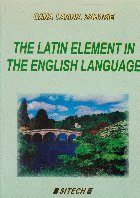
The Latin element in the English language
Sitech
Oana Lavinia Zaharie
124 pagini